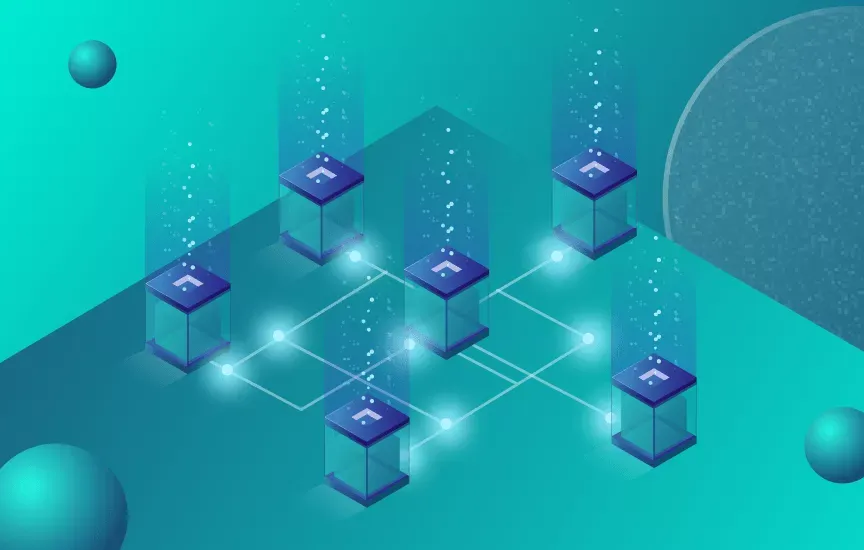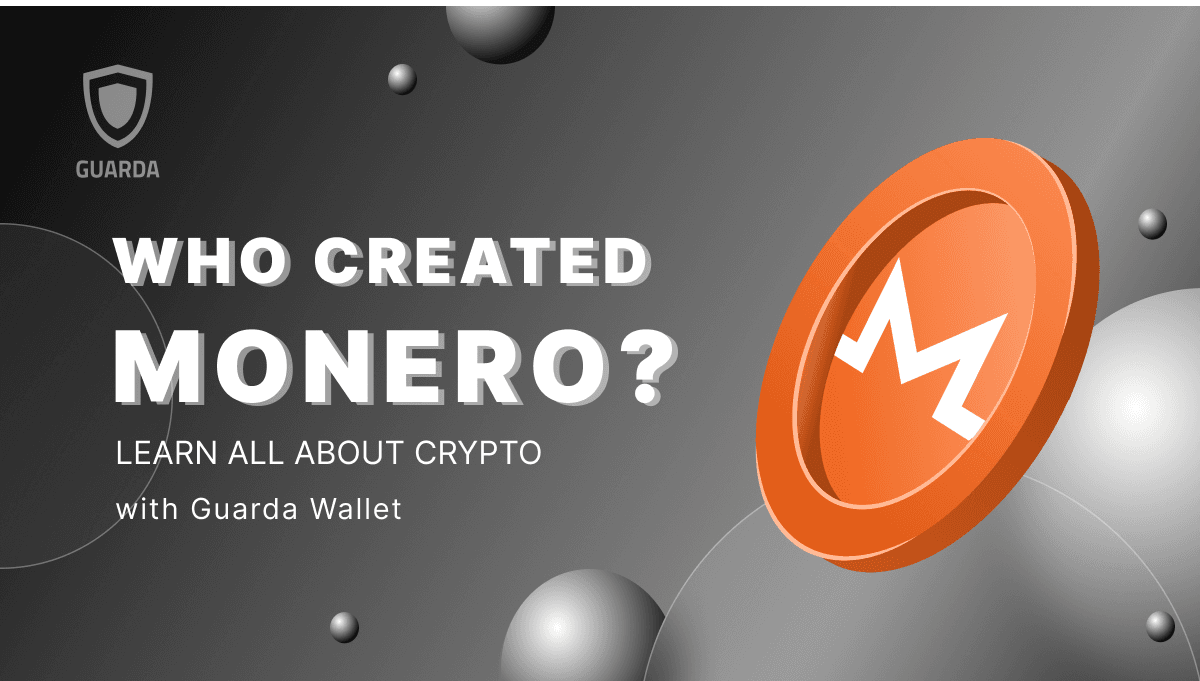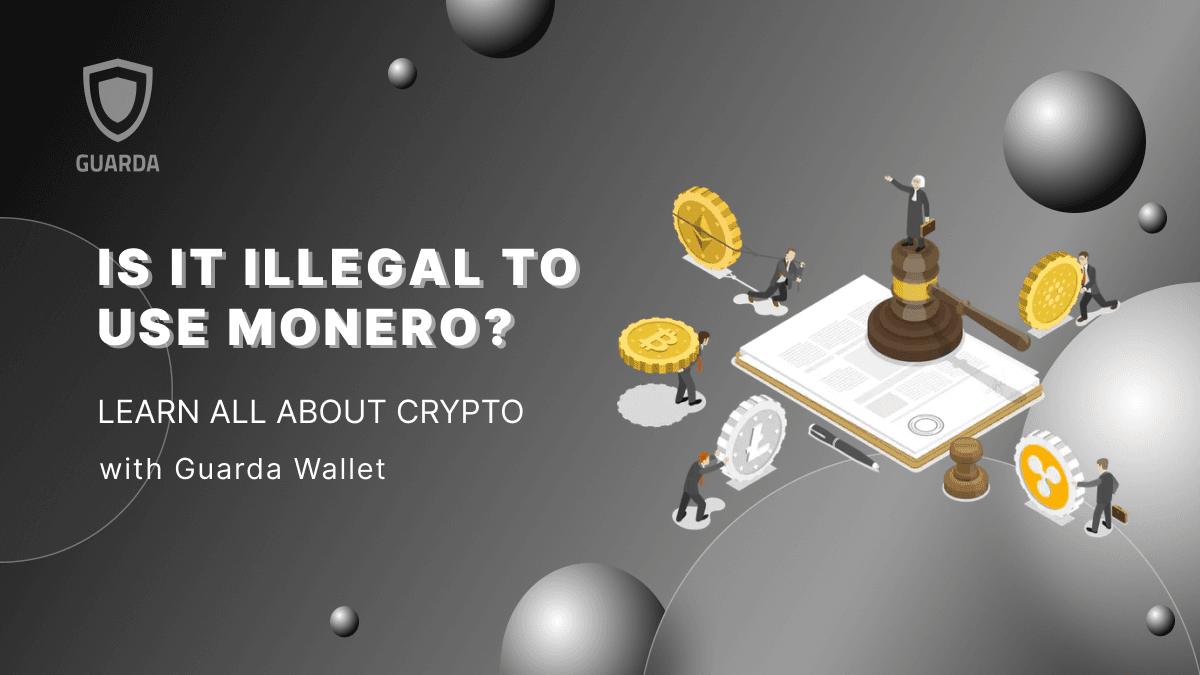Introduction
Nakamoto marked the beginning of an evolutionary model, not only from an economic but also from a political point of view. Since its inception, Bitcoin, the father of cryptocurrency, has been a direct challenge to centralized banks that fully control the accounting of money in the world.
Economists such as John Maynard Keynes, known for his theories about the role of the state in monetary policy and government spending, have always rejected the idea of a currency issued by citizens themselves because it would be immediately devalued without the support of the central bank or any or authority.
However, this freedom, which Bitcoin possesses in front of state control means, is precisely what gives it the highest value and also the most attractive is that the community itself can take part concerning protocol improvements and directions of development.
This is the heart of decentralization. In order to better understand the concept, a definition can be given: A decentralized system is a system in which planning and decisions are made not by one central authority, but are delegated and distributed to each participant in the system.
How does decentralization work?
For example, the Bitcoin protocol allows anyone who has the appropriate device to participate in the verification of work, which provides full control from the community. Besides, the problem that many Altcoin faces is that, despite their efforts, many remain semi-centralized, because their creators remained with most of their capitalization and never allowed to reach consensus to improve the cryptocurrency development path.
Why do we need it?
Due to possible application of the blockchain to public administration systems, such as state budgets or elections to political institutions, where all voters can meet without intermediaries and in real-time, how the voting takes place, assuming full confidence that politicians could not plan fraud without the knowledge of society.
The community knows everything regarding the network, thanks to transparent mechanisms, in contrast to centralized platforms in which government and regulators are those who know what is happening inside.
Benefits
Some of the benefits attributed to decentralization are:
- This results in lower coordination costs due to independence acquired in various areas
- This allows decision-makers to have more information because they focus on several areas, allowing them to solve problems more deeply
- This motivates people who feel part of the decision-making processes
- This makes management processes more efficient
- This makes it easier and more accurate to evaluate results
- It avoids state control and taxation.
Good examples of decentralized apps
The Baltic-made Dappradar website is one of the most well-known decentralized app ratings. Anyone can go and look at the list of the most popular decentralized applications in the world. What do we see?
All dApps fall into several main categories:
- Games - Cryptokitties, Ethergoo, etc.
- Exchanges - IDEX
- Marketplace for NFT (non-fungible tokens) - Rarebits, Decentraland Market
- Gambling
Conclusion
Even decentralized systems are not perfect, and, of course, still have many shortcomings, but we can say that this is only the beginning of evolution. As an expert, Carlos Barrabes said: “Everything will be decentralized because it is more efficient, blockchain is the decentralization of truth.” In the future, more and more economic, political, and social processes will be decentralized. With them, humanity will no longer depend on who tells us what to do, but on the consensus that is born out of technologies.



